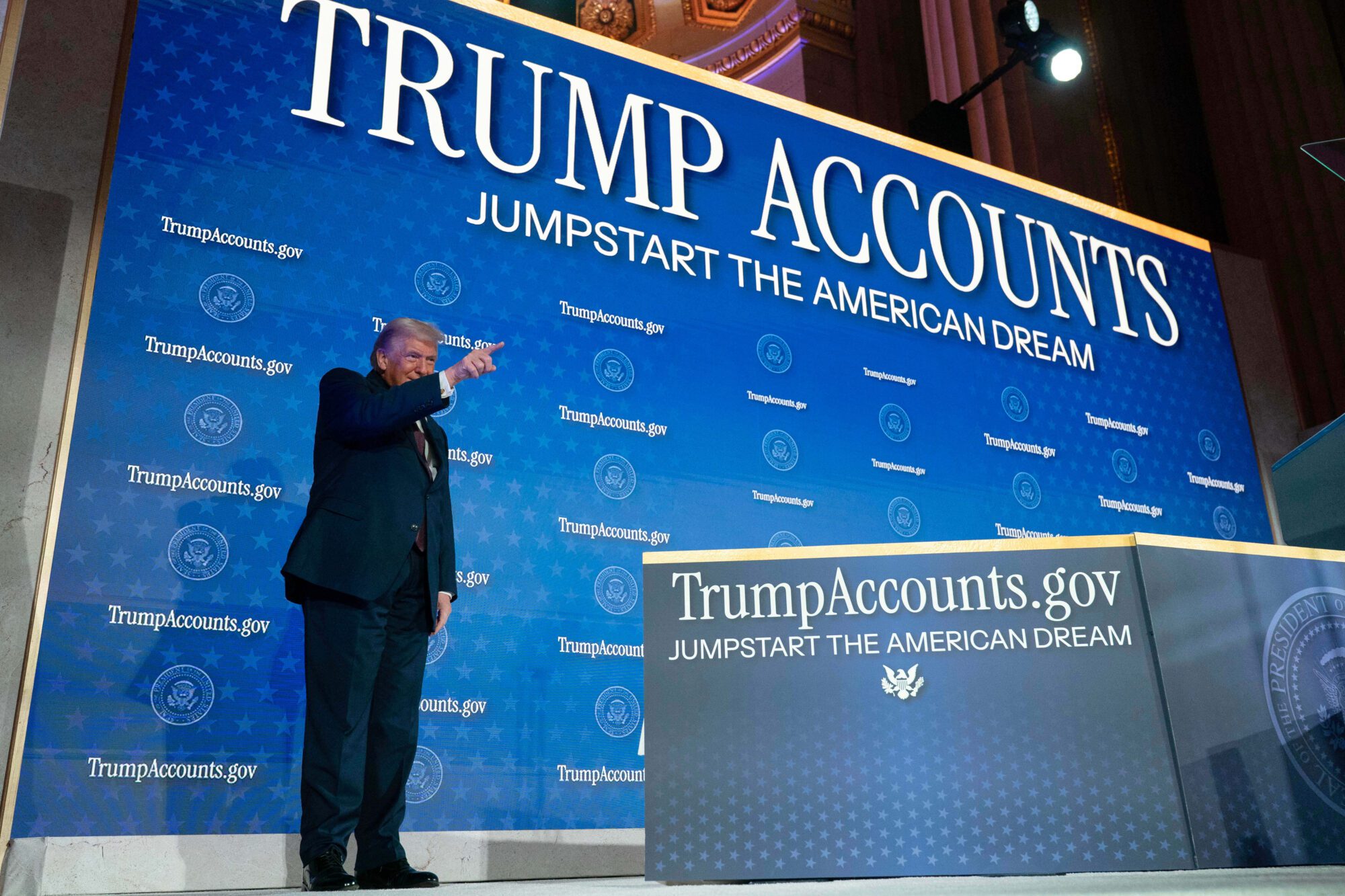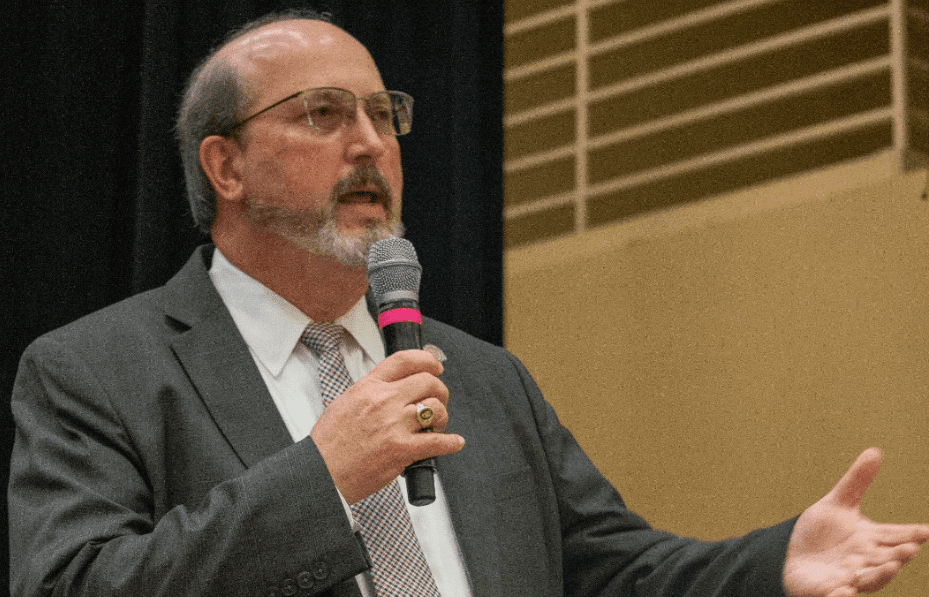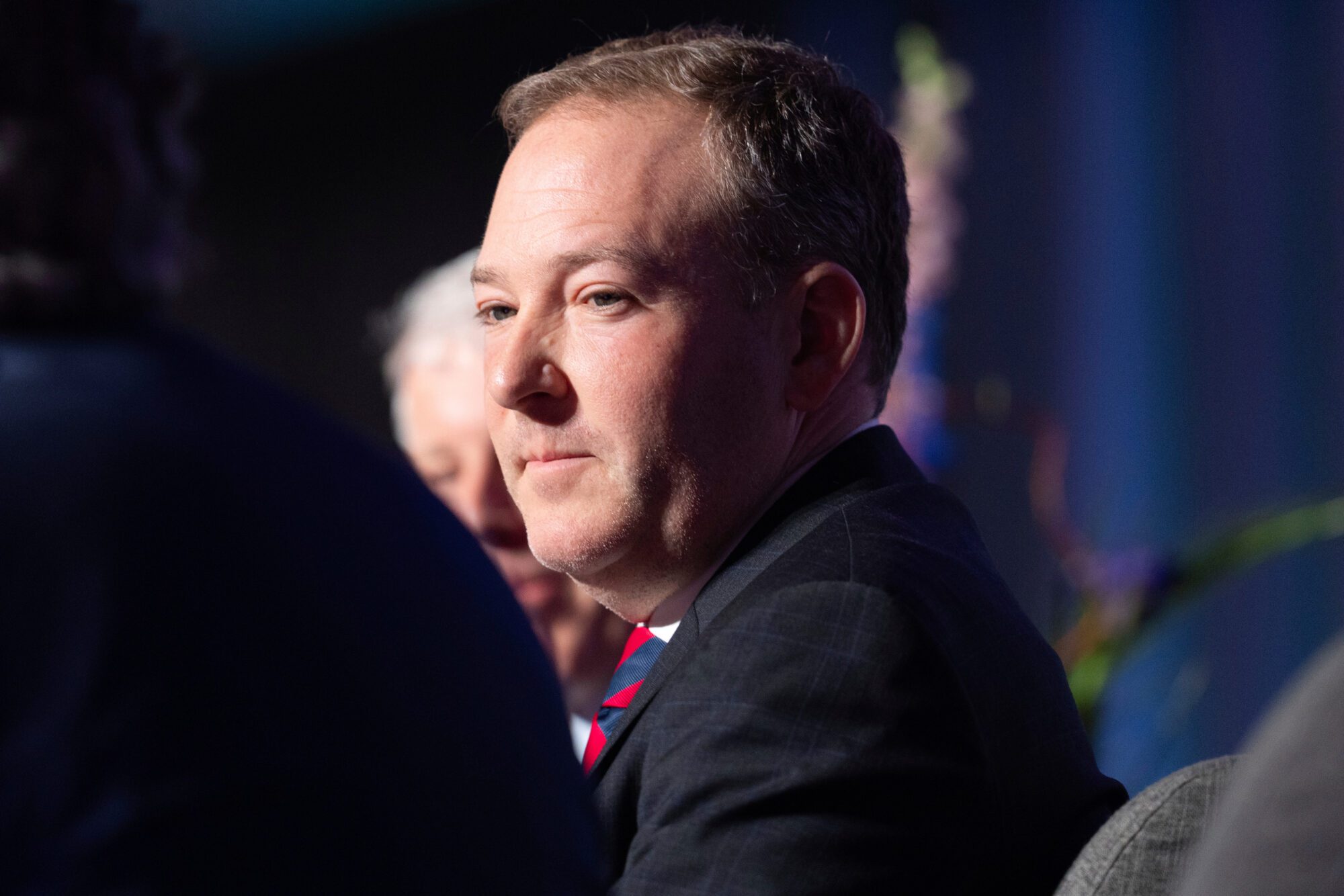A company expected to bid on a potential $250 million contract for a statewide emergency communications system flew a group of state lawmakers to Chicago last week to view its operation.
The five veteran lawmakers belong to an eight-member advisory board and will not vote to award the contract. But each, except one, is a key committee chairman and will be monitoring the process that leads to the awarding of the contract.
State officials have worked for more than two years to create a statewide system combining telephone, radio, cellular, data and other technology to be shared by city, county and state law enforcement agencies, as well as Homeland Security, National Guard, Corrections Department and other emergency personnel.
State Reps. Tyrone Ellis, D-Starkville, Clayton Smith, R-Brandon, and Percy Watson, D-Hattiesburg, and Sens. Jack Gordon, D-Okolona, and Tommy Robertson, R-Moss Point, flew Aug. 8 on a Motorola Inc. jet to tour a facility in Chicago. They returned the next day.
Ethics Commissioner Scott Rankin said such trips do not violate ethics laws when they are business-related and provide no benefit to those in attendance.
“Generally, we think the most important thing is could it have been paid for as a public purpose?” Rankin said. “If the answer is, ‘Yes,’ and a private company says, ‘We’ll be glad to pay for it,’ then it is not a violation.”
Watson did not consider the trip “very lavish,” the House Ways and Means Committee chairman said. “All we did was tour the plant. We walked quite a bit. It was a very detailed presentation of what Motorola has to offer.”
Ellis, House Public Utilities Committee chairman, said, “We’re looking at spending a considerable amount on a wireless system. We better make sure we look under every rock and into every crack and crevice we can find.”
He said vendors, including Cingular and Naycom, also may invite lawmakers to tour facilities, and he said he likely would attend.
Robertson, Senate Finance Committee chairman, said lawmakers have a duty to investigate potential state contractors. “After the $56 million boondoggle at the beef plant, if I’m going to put my name on a $200 million project, I’m going to go look at everything I can.”
The state lost millions earlier this year when a beef plant operator defaulted on a state-backed loan.
Dick Johnson, president of Common Cause Mississippi, a private group that promotes accountability in government, said, “To find out as much as possible is a legitimate point, but is this the best way? It seems it’s not illegal, but it doesn’t look right and has the tendency to destroy a little of the public’s confidence in the Legislature’s honesty and straightforwardness.”
Lawmakers created the Wireless Communication Commission during this year’s regular session. The commission is made of 16 non-elected agency directors who have sole authority to purchase, lease or acquire the system.
The bill also created a commission fund that may receive legislative appropriations, federal grants, gifts or fee revenue. The fund has no balance. The advisory board of lawmakers also was created.
Commission Chairman George Phillips, state commissioner of public safety, was unavailable Tuesday.
Corrections Commissioner Chris Epps, who is the Wireless Commission’s vice chairman, said he was unaware of the Chicago trip but knew Motorola had been following the commission’s activities.
“They have a lot of lobbyists at our meetings,” Epps said. “The instructions from Mr. Phillips was, we shouldn’t be meeting with lobbyists from anybody for this project.”
Epps said he believed the instructions were aimed at commission members rather than advisory board members because the lawmakers won’t be voting to award the contract. He said the advisory board is to monitor the process.
“They’re concerned right now that we’re moving too slow,” Epps said, adding that public meetings to hear proposals will be held Aug. 31 and Sept. 1.
Gordon said Motorola already has the majority of the state’s radio communications business. He said much of it could be used in a new system, and any new technology would be purchased with a combination of state bonds and federal grants and be spread over several years.
Rankin said lawmakers have toured other facilities at a company’s expense. “On a study trip, is it something to hear about that money might be spent on, or was it really to play golf or go to a horse race?” Rankin asked. “If it’s just entertainment, there could be prosecution for a lobbying violation.”
If a trip is considered a lobbying event – an attempt to influence legislation – companies are required to disclose the expense in annual reports at the secretary of state’s office. Reports must be filed by January.
Clarion Ledger
8/17/5







